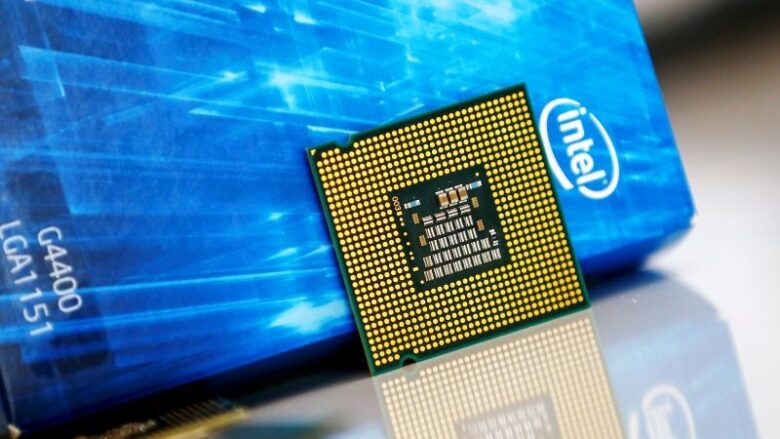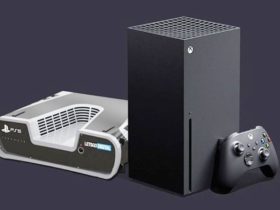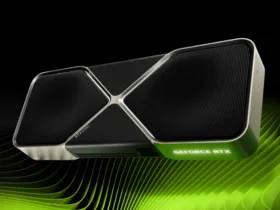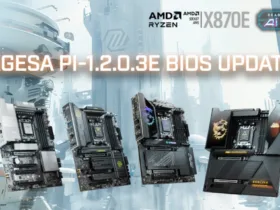As it is already known, Intel Rocket Lake CPUs are expected to arrive in the first half of the 2021 year, so it can be assumed that there must already be samples of them in the world and that many must know about their framework specifications or features.
The 14nm processors of Intel Rocket Lake will only be available as the desktop version of “S”, because in the case of mobile CPUs, Intel has already moved to a 10nm process, and we will have to wait for a long time for the new HEDT processors. Rocket Lake-S thus looks like it will be made in a 14nm process, with the help of which Intel will try to impress for the last time.
What’s new about Rocket Lake-S? This is a piece of unofficial information, as there are 8C/16T processors capable of working at full load on all cores at 5 GHz. This is not an all-core turbo, but rather an overclocking ability, so the All-Core Turbo is likely to end at lower beats.
ITCooker has the most detailed information, but unfortunately, it was published in Chinese, so a lot can be lost in the automatic translation. In general, it is important not to rely on Facebook translation, which is, in short, unusable, and to use Google Translate instead.
It is about the support of PCIe 4.0, which we have been counting on for a long time, but also about the high performance with the AVX512, which in practice will mean high heat output, which is also no surprise. We also learn about increasing the capacity of L1 and L2 cache, compared to the Skylake architecture from 32 kB to 48 kB and from 256 kB to 512 kB.
The core architecture in Intel Rocket Lake-S (Cypress Cove) is supposed to provide significantly higher performance compared to Comet Lake-S, but even that will not be enough for the gross performance of AMD processors. However, this probably applies to the overall multi-core and not single-core (or single-threaded), and this must be clear to everyone when Intel has to build a maximum of 8 cores against up to 16-core Ryzen CPUs.
However, the turbo of all cores at 5 GHz with a higher IPC together should finally mean a significant shift compared to previous years. We also learn about the support of boards with the Z490 chipset, perhaps regardless of whether they allow operation with PCIe 4.0 or not. After all, this really should not be a limiting factor.
We’ll see if it all comes true, and so far we can only say that even if the above information seems believable, but we will get to know the reality only with the approaching spring of next year.














Leave a Reply